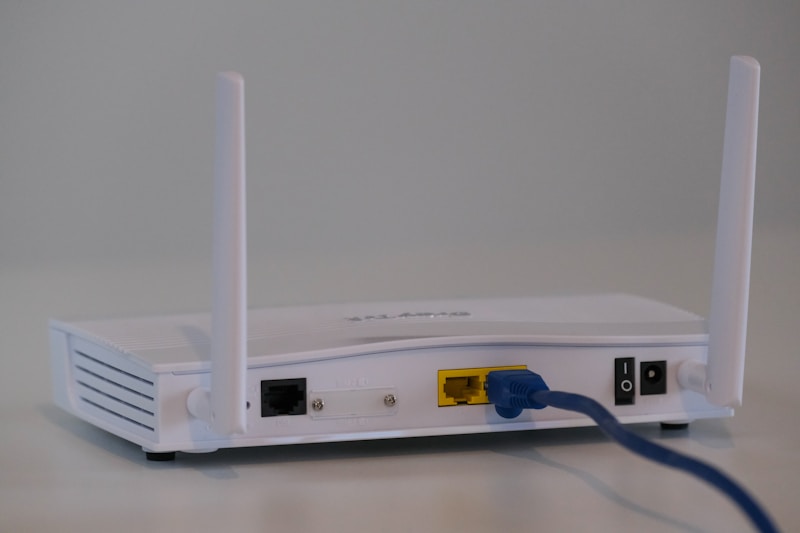Wall Street told Dell to go fuck themselves despite record Q2 revenue of $29.78 billion because investors finally realized what engineers have known for years: Dell is just an expensive middleman slapping NVIDIA chips into fancy cooling systems and calling it "AI expertise."
Dell's AI Assembly Line Gets Exposed
Sure, Dell beat revenue estimates and shipped $8.2 billion worth of "AI servers" - which is like bragging about being really good at installing graphics cards in pre-built gaming rigs. Any competent IT team could build equivalent systems for 40% less cost.
The $11.7 billion backlog means nothing when delivery depends entirely on NVIDIA's chip allocation schedule. Their 69% AI server growth is just assembly work. Calling xAI a "high-profile customer" is hilarious - they're Elon's latest pet project burning through investor cash faster than a SpaceX explosion.

The Margin Death Spiral
Dell's gross margin collapse to 18.7% isn't temporary - it's permanent commoditization. When your "AI expertise" consists of putting NVIDIA chips in slightly better cooling systems and charging 40% markup, Super Micro eating your lunch with lower prices was inevitable.
The Q3 earnings miss forecast ($2.45 vs $2.55 expected) tells the real story: every hyperscaler is designing custom servers, leaving Dell fighting for scraps. Super Micro is eating their lunch with lower prices and faster delivery.
Market analysis shows Dell, HPE, and Super Micro collectively hold 40% market share, but narrowing margins show intensifying competition. Industry analysis reveals the brutal truth: Dell faces "aggressive, fast-moving players like Supermicro" in an increasingly commoditized market.
The PC Business Mirage
Dell's 44% Infrastructure growth versus 1% PC growth proves what every IT department knows: desktop refreshes are dead. The Windows 10 end-of-support deadline won't save them - most companies are moving to cloud workstations and chromebooks, not buying $2000 Dell desktops.
Market dynamics analysis shows Dell's desperate pivot to AI servers as traditional hardware sales collapse. But even optimistic Dell coverage acknowledges the brutal competitive pressure from companies that can actually innovate.
The Commoditization Reality
Super Micro's recent volatility shows how precarious this market is, while Lenovo's PC boom puts pressure on Dell and HP with record $18.8 billion quarterly revenue. Market analysis shows that Dell faces intense competition from HPE, with both companies fighting for dominance in a $252 billion AI server market expected to grow 55% in 2025.
The writing's on the wall: NVIDIA partnerships determine success more than engineering capability. Dell's "differentiation" strategy is doomed when competitive analysis shows customers choosing based on price and delivery speed, not Dell's marketing promises about "AI expertise."
Dell made $30 billion proving they're just expensive middlemen. Wall Street's message is clear: being good at assembling other people's technology isn't worth premium valuations anymore.

